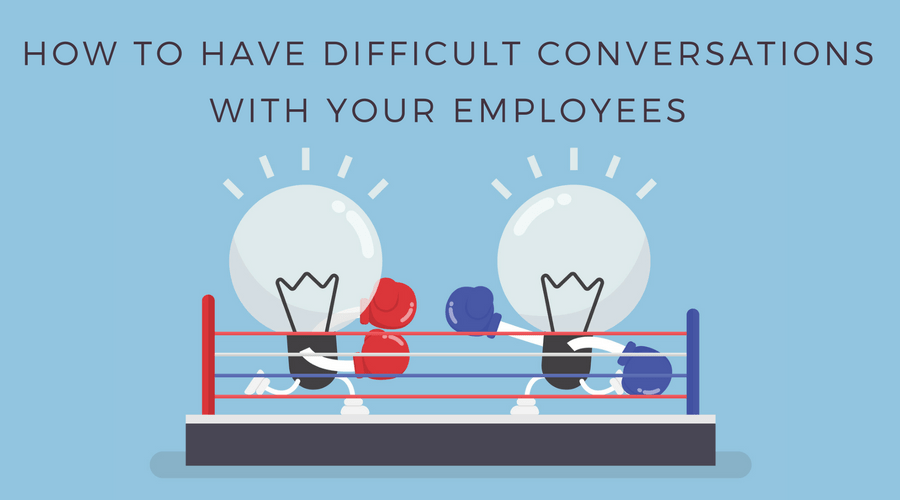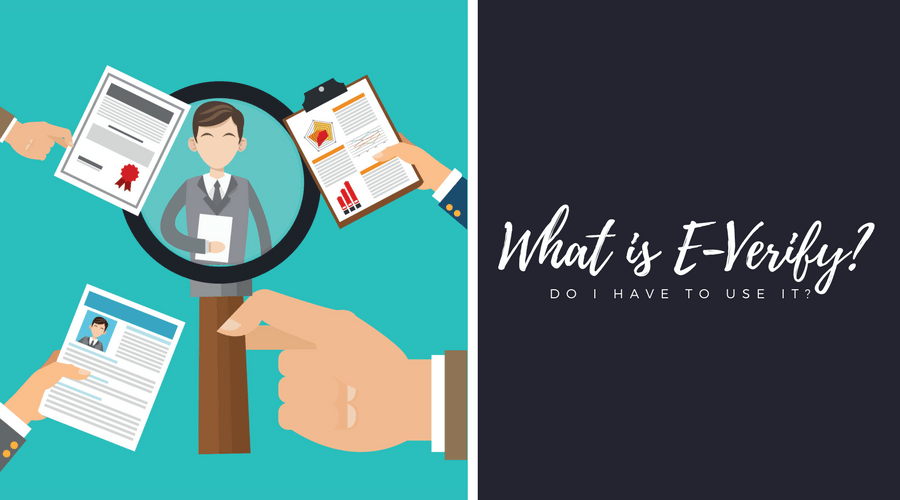401(k) Basics for Employers

One of the benefit options that job candidates and employees find most attractive is a 401(k) plan. A 401(k) will keep your workforce happy and financially secure, but you also must consider what it will cost your business to offer retirement benefits.
How does a 401(k) work?
A 401(k) plan is an employer-sponsored retirement plan where workers choose to either defer a set amount of cash or a percentage of their income to a retirement account. Some 401(k) plans offer employer matching where the business also contributes a certain percentage into the employee’s retirement account.
The way that a 401(k) plan is taxed depends on the type. Traditional 401(k) plans are deducted from a paycheck before tax is withheld but are taxed when the account holder withdraws funds. Roth 401(k) plans, on the other hand, are deducted from a paycheck after taxes are calculated, so they are not taxed when funds are withdrawn.
Read also: Is My Retirement Plan Taxable for Social Security and Medicare Purposes?
If one of your team members wants to withdraw funds from their 401(k) account before the age of 59 ½, they’ll only be able to do so in certain circumstances and often with additional fees. Participants in a 401(k) plan are required to start distributing funds at the age of 70 ½ unless they are still employed.
There are many myths and misconceptions about 401(k) plans that may keep you from offering them, but in the long term, they are beneficial for employees and employers alike. You may find that utilizing an HR software makes it easy to offer 401(k) options to your workers. For instance, Workful allows you to set deductions, so 401(k) contributions are calculated automatically when you run payroll. You can decide whether the deductions are a percentage of your personnel’s pay or a specific dollar amount.
Employer matching
Your workers can prepare for retirement without a company matching policy, but it’s something to consider when determining the competitiveness of your benefits package. Even if you can’t match contributions equally, you may be able to offer something. For example, some companies contribute 50 cents to the dollar. But even a small amount can go a long way toward building a positive company culture.
For employers that offer a 401(k)-matching program, employee contributions to those accounts can be calculated and deducted directly from their paychecks, saving administrators time and double data entry.
Benefits of offering a 401(k) for employees
While providing a 401(k) plan to your staff may seem unnecessary, it’s also something that can help you entice better job candidates and contribute to a positive company culture. To encourage more companies to offer 401(k) plans, the government has tax credits for businesses that include retirement arrangements in their benefits package.


